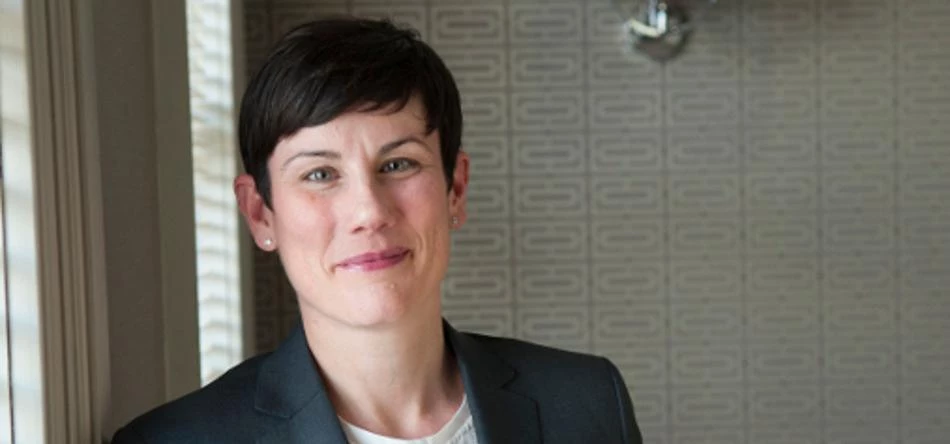
Partner Article
Passing inheritance to grandchildren
At the Conservative Party Conference this month, Gavin Barwell, Housing Minister suggested that parents should avoid leaving their houses to their children, and opt to pass their estate and savings to grandchildren instead. No 10 quickly came out to suggest his comments were personal, and not Government policy, stating it was not for the Government to interfere in family life, although cynically some suggested it was driven by potentially reduced IHT receipts in future years.
This move to disinherit children, could allow grandchildren to get on the highly-debated housing ladder and could also potentially reduce the number of people being hit with high inheritance tax bills – another highly debated issue.
With young people finding it increasing difficult to get on the housing ladder, waiting until their 30s or 40s before having children and grandparents living much longer, an increasing number of people are looking at ‘skipping a generation’ and passing assets to their grandchildren either by direct gifts or transfers into family trust
When grandparents leave their home to grandchildren, consideration should always be given to inheritance tax. If the value of the family home is worth more than £325K (or £650K for a surviving spouse who is entitled to their deceased spouse’s unused nil rate allowance) other assets may need to be sold in order to pay the IHT bill. If not, the property itself may need to be sold to meet this tax liability. From April 2017 a new residential nil rate band is being introduced. By 2020/21 there will be an additional £175,000 available per person to pass assets tax free. This means a couple can pass £1 million tax free on the proviso that certain conditions are met.
It is possible for the property to be left via a trust (the benefit being that the grandchildren do not become absolutely entitled to the property at 18). This adds an additional layer of complexity, and the additional allowance would not be available if left to a discretionary trust (but would if it were structured as an interest in possession trust).
This was posted in Bdaily's Members' News section by Cowgill Holloway .








 Raising the bar to boost North East growth
Raising the bar to boost North East growth
 Navigating the messy middle of business growth
Navigating the messy middle of business growth
 We must make it easier to hire young people
We must make it easier to hire young people
 Why community-based care is key to NHS' future
Why community-based care is key to NHS' future
 Culture, confidence and creativity in the North East
Culture, confidence and creativity in the North East
 Putting in the groundwork to boost skills
Putting in the groundwork to boost skills
 £100,000 milestone drives forward STEM work
£100,000 milestone drives forward STEM work
 Restoring confidence for the economic road ahead
Restoring confidence for the economic road ahead
 Ready to scale? Buy-and-build offers opportunity
Ready to scale? Buy-and-build offers opportunity
 When will our regional economy grow?
When will our regional economy grow?
 Creating a thriving North East construction sector
Creating a thriving North East construction sector
 Why investors are still backing the North East
Why investors are still backing the North East